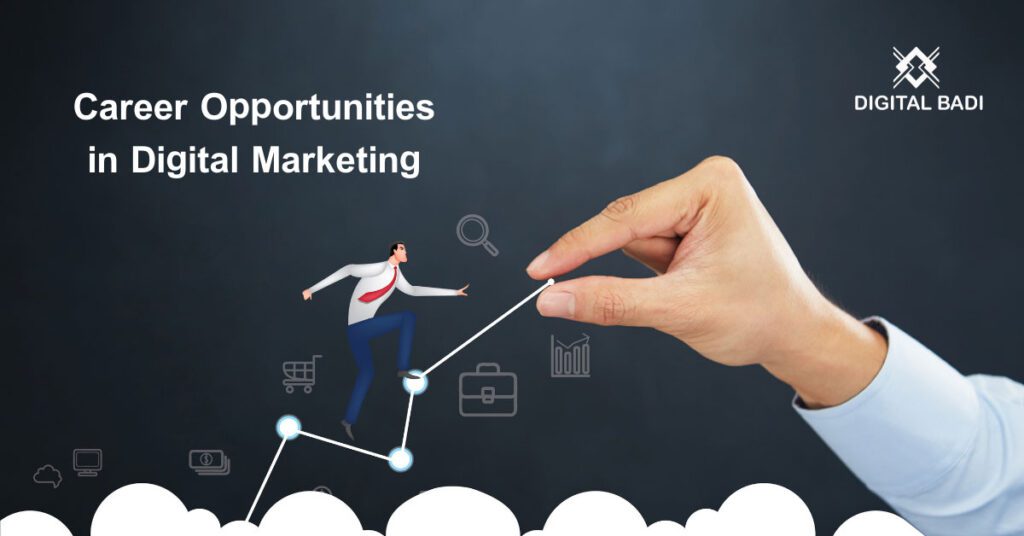Launch Your Digital Career: Practical Skills for a High-Tech World

Introduction
With the world continually changing and transforming in every regard, the transition to digital-based industries as progression has in many cases reached a point of being pronounced a necessity. From banking to education to healthcare to entertainment, just about every industry has started using digital to improve their processes to be more efficient, for enhanced customer experience, and to provide deeper reach to their customers. For some organizations, the switch to digital, either fully or in part, has come too late, and they have seen exponential increases in demand and competition that have necessitated the requirement for tech-savvy individuals to build, manage, and innovate using digital technology/digital platforms, digital career skills for the high-tech industry.
A “digital role” has stretched well beyond something handled exclusively by IT professionals; it has significantly widened the space of job opportunities for post-secondary graduates. Whether individuals have interests aligned with social media, data analysis, graphic design, or software development, the high-tech world has a vast range of opportunities synonymous with any interest and existing skills. Moreover, even roles traditionally not requiring any technical competency are now requiring some proficiency in digital. In fact, most digital competencies are very general and cover many digital technologies, so all jobs now require tech-savvy candidates.
Employers are looking for candidates who are not only a fund of knowledge in tech-based technologies; they also want candidates who have an understanding of using technology for problem-solving, communication, and as it applies to business success
1. Understanding the Digital Landscape
The digital landscape encompasses all forms of internet-connected technologies. That is, websites, social media, data, design, and developments in technology like AI, cloud, etc. In our fast-paced world, knowing how these tools interrelate can help you make sense of them and help you be more adaptable and innovative. It doesn’t matter where you are in marketing, design, business, or technology; to maintain a competitive advantage, you need to know these things in a conscious, structured way. You don’t just want to know how to use technology; you want to know how to use technology to create value and solve problems. Familiarizing yourself with the digital landscape is the first step toward pursuing a successful career involving technology.
The digital landscape encompasses everything from websites and applications to social media, cloud software, and AI tools. Understanding this landscape can be more accurately described as knowing how technology connects businesses, customers, and data. Whatever digital space determines success today, I define that in terms of digital awareness—the collective understanding of what tools are available, how to use them, and when it is necessary to innovate.
When an industry is heading digital, understanding how to navigate through platforms like Google Ads, Canva, Excel, and a coding environment is essential. It is not only understanding and knowing how to use the tools, but it is also having the skills to move to new tools. Staying current with technology trends will assist you to remain competitive, creative, and confident in whatever digital journey you encounter.
2. Core Technical Skills to Kickstart Your Career
The first crucial aspect to launching a successful digital career other than being practice-ready is knowing at least some of the basic technical skills. Skills like MS Office, data analysis, graphic design, digital marketing, and basic programming are highly sought after across many industries. When you learn how to use Excel, Photoshop, Canva, Google Ads, or Power BI, it makes a huge difference. These skills all help you work faster, solve problems quicker, and create real value for the business. There are a lot of roles, even non-technical ones, that expect you to be digitally literate, so it is often considered a basic requirement rather than a desirable skill. Just pick one area to start with and do some practice each day. Start applying what you’ve learned by doing small projects or internships. Eventually, you will gain confidence, and your value for the labor market will potentially increase.

To start a digital career, you need some basic technical skills. These include basic technology skills like Microsoft Office, typing speed, internet research skills, and file management. And for higher-level roles, some skills in digital marketing, graphic design, financial accounting, or Power BI give you an advantage.There are online and offline courses available that make it easy for you to learn technical tools like Canva, Adobe Photoshop, Tally, or SEO tools like SEMrush. Learning these skills not only builds confidence but will also ensure you are job-ready in a fast-changing, tech-focused employment market. If you have training, you can apply your skills right away.
3. Essential Soft Skills for Digital Success
In today’s technology-oriented world, soft skills are just as important as technical knowledge when it comes to maximizing your digital career. Communication, time management, adaptability, and teamwork will enable you to be successful in the fast-paced and ever-changing workplace. Communication unequivocally helps you present your ideas clearly enough that they are understood, whether in emails, meetings, or presentations. Time management skills are helpful for meeting deadlines and keeping track of tasks while operating in remote or hybrid, digital work environments. Adaptability allows you to stay agile and pivot as needed when tools, trends, and technologies continually change in digital environments.
Teamwork produces collaborative efforts to develop group projects, as well as a considerate atmosphere within your workplace. Employers want individuals that have both technical skills knowledge and emotional intelligence and professionalism. As with all skills, soft skills can be honed through daily habits, such as thoughtful listening, writing clearly, and staying calm while dealing with tasks under pressure. Regardless if you are attending interviews for a job or organizing and leading a digital campaign for your classmates, your personality, attitude, and behavior about socially acceptable norms usually communicate to people more about you than your resume.
4. Certifications That Add Value to Your Resume
In a competitive job market, certifications are a way to demonstrate your skills, commitment, and readiness to take on the challenges associated with the digital industry. Certifications are a way for you to prove your abilities in some way, like digital marketing, graphic design, financial accounting, data analysis, etc. Many times, hiring managers will see candidates with industry-recognized certifications and can shortlist you for an interview, therefore preventing additional time or money on training and signifying your serious approach to your career. Employers understand that certifications are important, and certifications from Google, Microsoft, Adobe, HubSpot, or LinkedIn Learning are recognized across the board. For example, the Google Digital Marketing certificate will help you find a placement in online marketing. Having a Microsoft Excel certificate or Power BI certification will give you an edge, knowing that you can complete anything related to data.
Certifications can help you come to the top of that hiring manager’s stack of applicants with a similar educational background but more specialized knowledge. In the freelancing realm, when dealing with clients as well, certifications will help you begin establishing that trust when needing proof of your abilities. It reveals that you are always learning, developing, and working towards staying up to date with industry expectations. If you want to get the most out of your certifications, choose the ones you want to do according to your career goals. Adding relevant certifications to your portfolio, resume, or LinkedIn page could benefit you immensely! After all, certifications are lifelong winnings toward better, higher-wage-paying roles.
5. Project-Based Learning: Turning Skills into Experience
In a world of digital competition, employers are looking for more than just certificates; they want evidence that you understand how to apply what you learned. This is where project-based learning is a game changer. Project-based learning shifts the focus from acting out theory and thinking about doing tasks to completing a real-world project that simulates the actual tasks required in a job position. Students in a project-based course take on assignments such as creating a logo, or developing a digital marketing campaign, or making a financial report, and they finish the course with a product that makes their classroom learning tangible. Project work engages students’ minds through action with real-world concern, builds an understanding of the materials studied, and gives them an increase in confidence with real-world experience.
For example, a graphic design student may put together branding for a fictitious business while, at the same time, a student from a digital marketing course may prepare a social media strategy for a real company. In other words, students of project-based learning encounter real-world difficulties, make mistakes, and solve real problems just as they would in a job. After all the project work has been completed the learner has constructed practical knowledge, made decisions through trial and error, been inspired and developed independence.
6. Navigating Your Career Path in the Digital World

In this constantly changing future that is already coming to fruition, there is a need to have some self-awareness, adaptability, and continuous learning to define a career path in a digital world. Digital careers do not have the same rigid definitional roles as traditional career pathways; there are many different dynamic roles that exist: data analysts, graphic designers, digital marketers, and software developers. The first step to navigating your career path is to understand your strengths, interests, and long-term goals. Are you more inclined to be a creative thinker (graphic design), a data person (data science/analysis), or a tech person (technology or software development)? Understanding and knowing your core preferences will help you identify the digital field to pursue.Next, it is important to do research on current job market trends.
There are a few key roles—artificial intelligence, UI/UX design, and digital marketing—that are in high demand, and if you can start acquiring skills for these roles, you will also build a strong possibility for a career. Remember, while success can be found in a current “hype” field, it is not just about a flashy, trendy career; success comes to those with a strong foundation. My advice is to enroll in a certified course, join online communities, and get internships or freelance work that is related to your goals. Being able to be flexible is vital. The digital world continues to change rapidly; your commitment to learning new tools, platforms, and methods will keep you relevant. Networking can also be powerful—mentors, colleagues, and specific industries can all lead to valuable connections
7. Success Stories: From Learning to Earning
In a highly competitive digital world, employers want more than just a certificate—they want evidence that you can apply your knowledge. This is where project-based learning shifts the emphasis away from memorized theoretical content toward working towards real-world assignments that mimic work assignments. Instead of a designer memorizing theories of logo design by learning examples, in project-based learning, a student accounts for and addresses the needs of their mock business before creating a logo, while a digital marketing learner prepares a social media strategy from an actual company. Engaging in projects shifts classroom content; learning is cemented by concrete products. Not only do projects deepen understanding and develop knowledge, but projects also offer students confidence through hands-on practical application.
Unless there are completely fabricated projects, the experiences will simulate job challenges, include mistakes, and permit students to solve problems experienced in the job. After a decision is made, feedback is received, actively contributing to the growth of knowledge, decision-making skills, creativity, and independence. One of the other advantages of active project work is you leave with a portfolio that you can share or present to prospective employers or clients; it is living proof of your capability and readiness to perform. In addition to the current project, you develop other soft skills too, such as communication and collaboration.
8. Career Planning and Goal Setting
In this constantly changing future that is already coming to fruition, there is a need to have some self-awareness, adaptability, and continuous learning to define a career path in a digital world. Digital careers do not have the same rigid definitional roles as traditional career pathways; there are many different dynamic roles that exist: data analysts, graphic designers, digital marketers, and software developers. The first step to navigating your career path is to understand your strengths, interests, and long-term goals. Are you more inclined to be a creative thinker (graphic design), a data person (data science/analysis), or a tech person (technology or software development)? Understanding and knowing your core preferences will help you identify the digital field to pursue.
Next, it is important to do research on current job market trends. There are a few key roles—artificial intelligence, UI/UX design, and digital marketing—that are in high demand. If you can start acquiring skills for these roles, you will also build a strong possibility for a career. Remember, while success can be found in a current “hype” field, it is not just about a flashy, trendy career. Success comes to those with a strong foundation. My advice is to enroll in a certified course, join online communities. Get internships or freelance work that is related to your goals. Being able to be flexible is vital. The digital world continues to change rapidly; your commitment to learning new tools, platforms, and methods will keep you relevant. Networking can also be powerful—mentors, colleagues, and specific industries can all lead to valuable connections.
Conclusion
The digital age has transformed how we work, communicate, and learn. In that transition has brought about a demand for more technical skills and attitude than ever before. While many industries around the world are innovating like never before, job prospects and new opportunities are emerging worldwide. People skilled in technology, digital communications, and the ability to think creatively and solve problems. Regardless of whether you are starting your career or planning a career change, acquiring skilled, practical. In-demand skills will assist in unlocking new and rewarding opportunities. Through this path, technical skills such as handling data, designing graphics, digital marketing. Project-based learning all provide a robust technical foundation.
While important, succeeding in the digital world also requires soft skills such as adaptability, communication, and self-discipline. When you combine all of these ingredients, you are more than just ready for a job; you are ready for the future. Your first step is the most important one.



